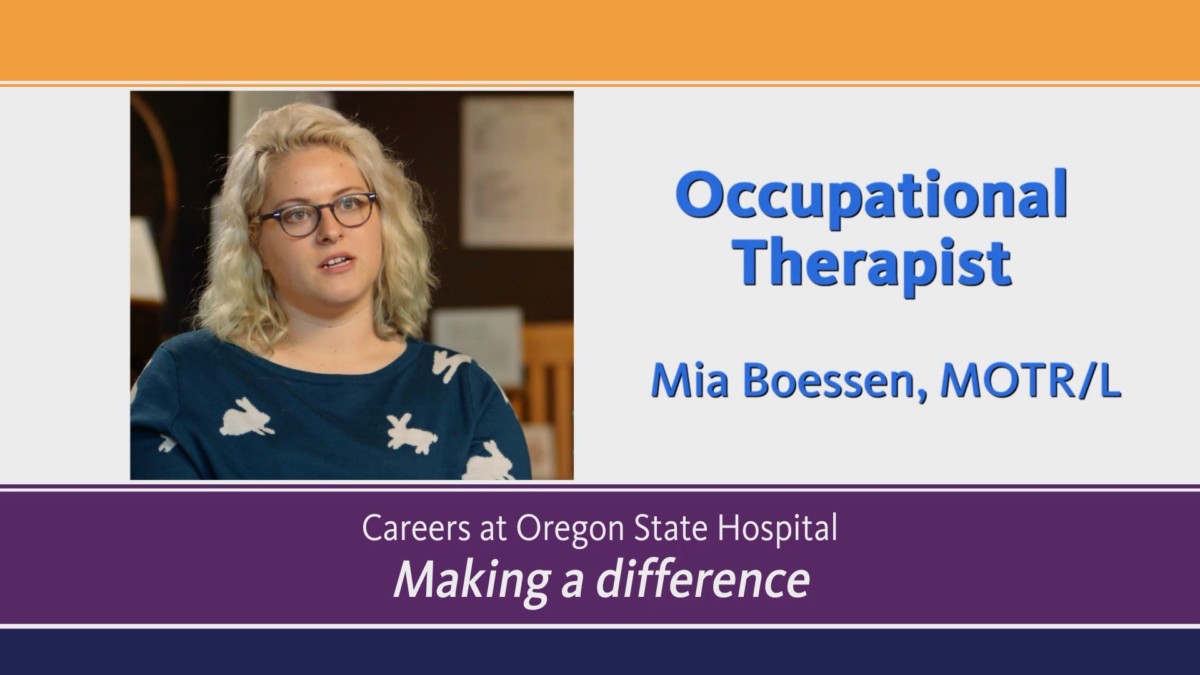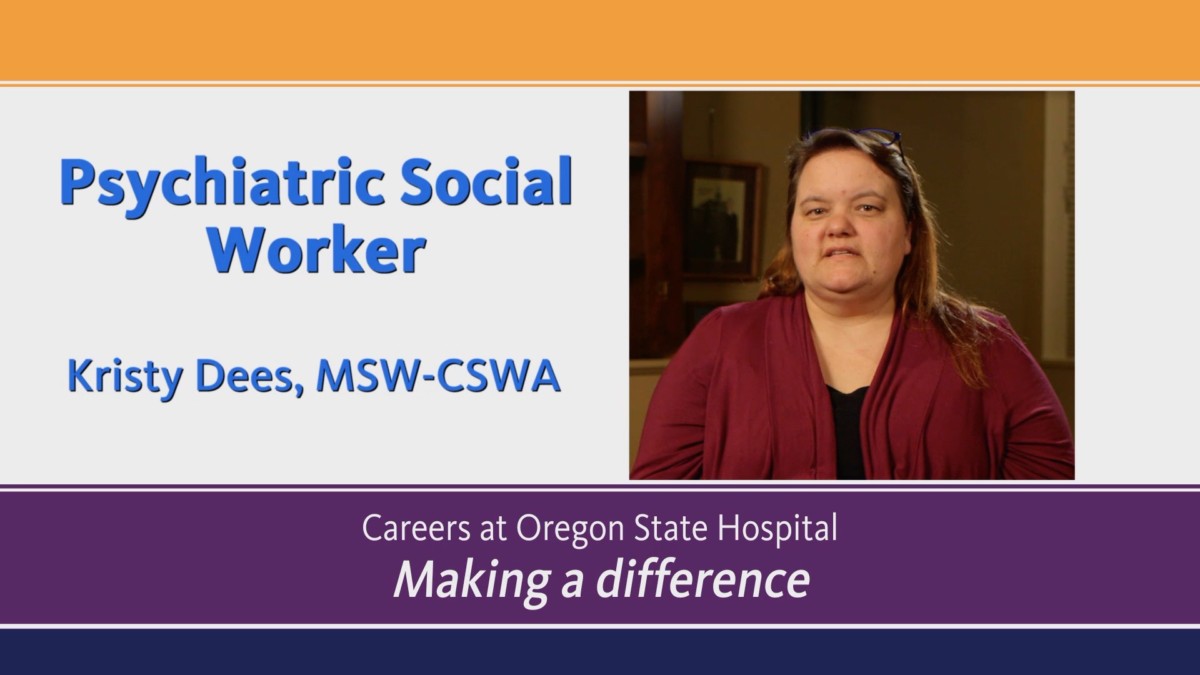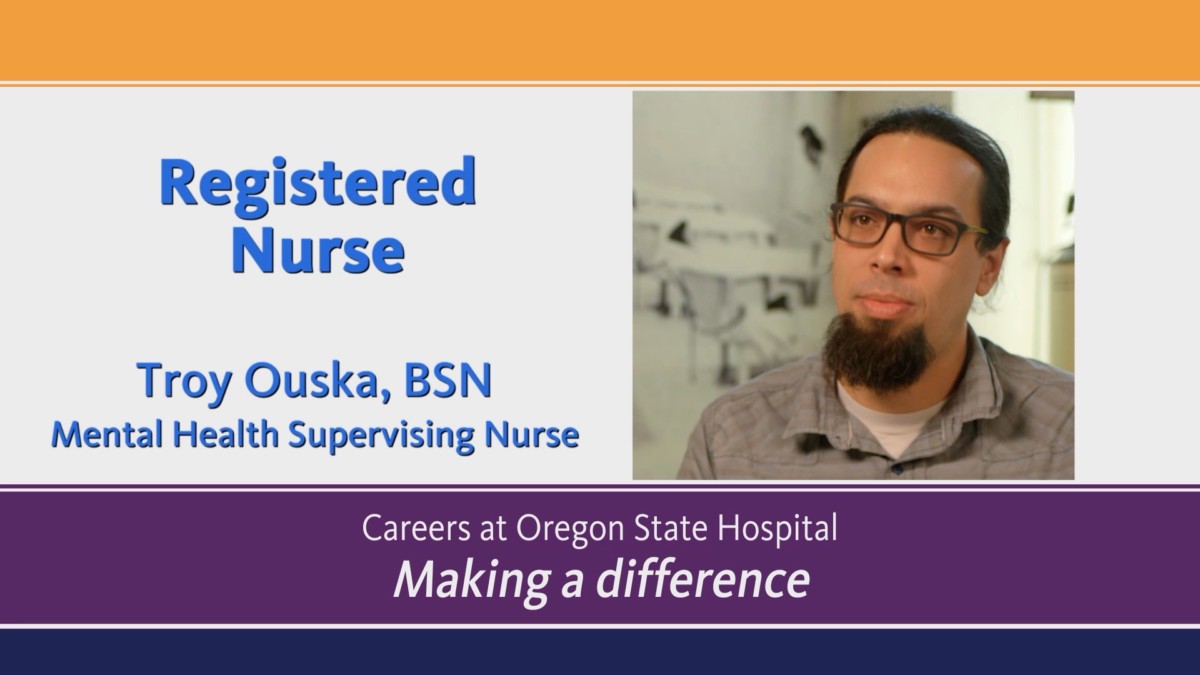Social Worker
Careers in Mental Health
Kristy Dees, MSW-CSWA
Social Worker
Generic Information
Overview
As vital members of the interdisciplinary team, the main focus for social workers is helping patients re-enter the community after discharge. Discharge planning begins with the first meeting of a patient’s interdisciplinary care team. Social workers arrange for the resources necessary for progress after hospitalization; this includes housing, access to therapeutic medication and continued treatment, and the necessary social supports. Social workers play a key role in mitigating future difficulties related to a patient’s condition by providing individual, family, and group counseling. They also provide other interventions to psychiatric hospital patients while assuming primary responsibility for discharge planning.
For more information on the educational pathway to this and other healthcare careers follow this Link to the Educational Resource page.












